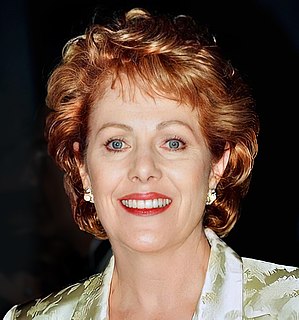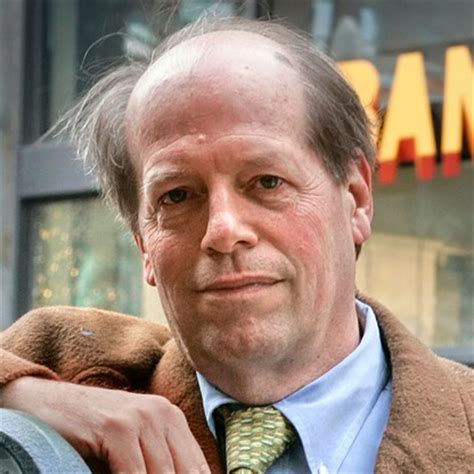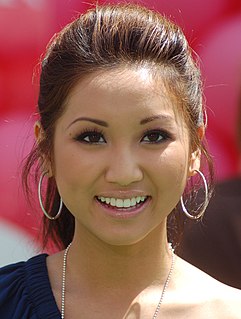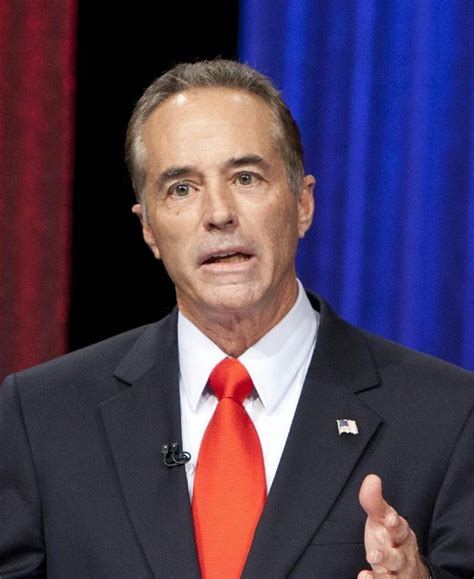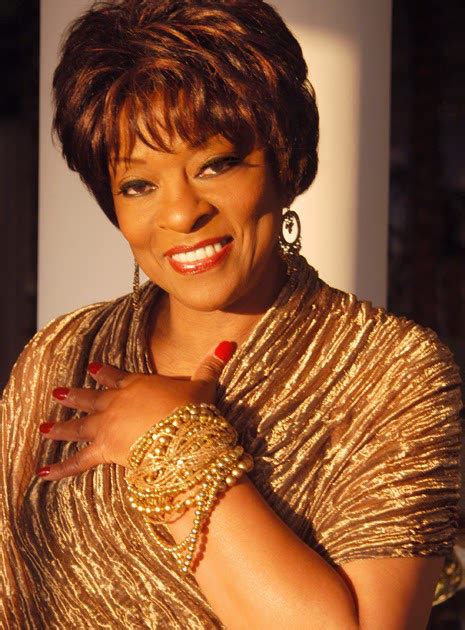A Quote by Lynn Redgrave
Well, right now, technically, I have no breast cancer.
Quote Topics
Related Quotes
Well, the first thing that clued me in to the fact that there was something really scary about breast cancer, way beyond the thought of dying, was coming across an ad in the newspaper for pink breast cancer teddy bears. I am not that afraid of dying, but I am terrified of dying with a pink teddy bear under my arm.
